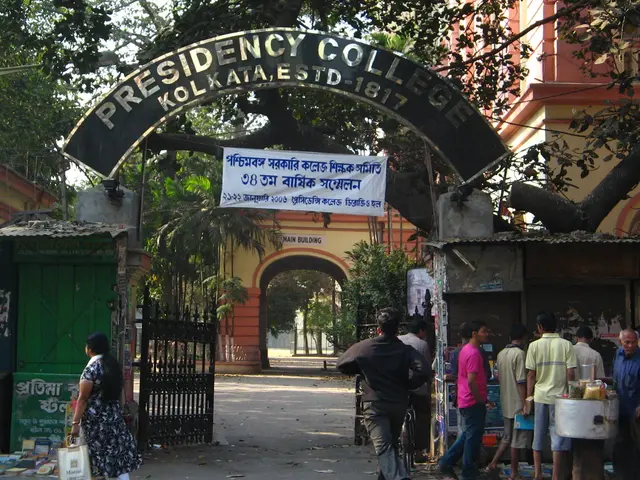Sexual Harassment Cases in Indian Universities Surge Fivefold Since 2018-19
Reports of sexual misconduct in Indian universities have surged alarmingly, with a fivefold increase in complaints since 2018-19. The number of institutions reporting such cases has also risen sharply, from 36 to 83.
The rise in cases comes despite the POSH Act, 2013, mandating all colleges and universities to have internal complaints committees (ICCs) to address such issues. However, many ICCs are poorly trained or ineffective, with over half of students unaware of their existence.
Recent incidents include a Pondicherry University professor allegedly demanding explicit photos from students, and an academic in Bengaluru arrested for exploiting a student at his residence. In Tamil Nadu, two professors at Bharathidasan University were given compulsory retirement on sexual harassment charges. A self-styled godman near Delhi has also been accused by 17 girls of misconduct.
Psychologists note that such behaviour is rarely impulsive but often planned, disguised as mentorship, and rationalised as 'harmless' or 'consensual'. According to UGC data, complaints rose from 141 in 2018-19 to 378 in 2022-23.
The increase in sexual misconduct cases in universities highlights the urgent need for better implementation and enforcement of the POSH Act. Improved training for ICC members, increased awareness among students, and stricter penalties for offenders are essential to curb this growing problem.
Read also:
- Executive from significant German automobile corporation advocates for a truthful assessment of transition toward electric vehicles
- Crisis in a neighboring nation: immediate cheese withdrawal at Rewe & Co, resulting in two fatalities.
- United Kingdom Christians Voice Opposition to Assisted Dying Legislation
- Democrats are subtly dismantling the Affordable Care Act. Here's the breakdown





